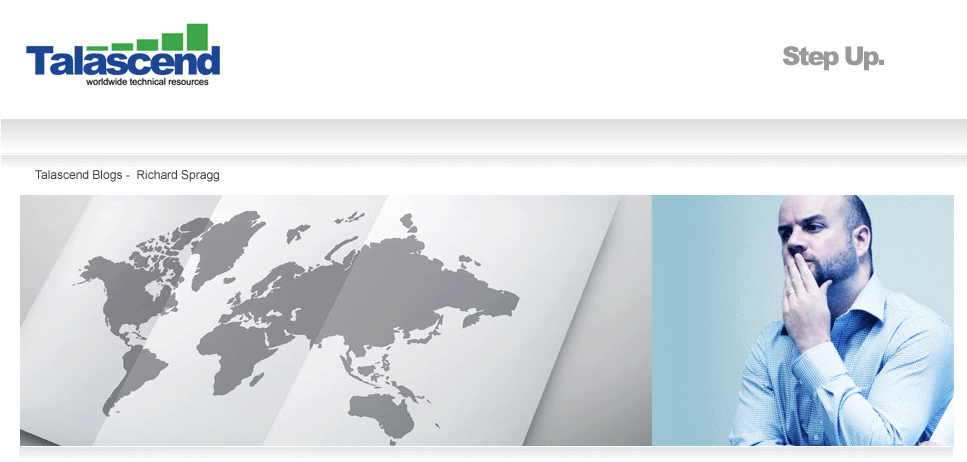 |
Former Governor and Presidential candidate Mitt Romney,
Image: Chris Devers (Wikipedia Commons)
|
If you think you’re having a bad
week, just imagine how Mitt Romney feels. We don’t do politics here (see many
earlier blogs, about politics
at work) but I know a guy having a bad week at work when I see one, and
there are lessons to be learned from the Governor by anyone planning to spend
time travelling abroad on business.
Engineers are as likely as anyone
to find themselves flying somewhere for work. Almost all of us, whatever our role in the industry, are to some
degree working global engineering jobs.
Whether the global element is regular and demanding, or relatively infrequent,
chances are you’re going to spend some time abroad at some point. Here are my
Top 5 tips for making friends not enemies when you're on the road.
1. Prepare.
Do your homework. There’s nothing
worse than meeting someone who has made no effort to learn anything about you,
despite having known in advance exactly where they were going and who they were
seeing. Forgetting people’s names will not help you get on their good side.
2. Speak the language. (Two words will do.)
The vast majority of
international business is conducted in English. While this is widely
understood, you would be well advised to treat this as a luxury rather than an
entitlement. A sincere ‘Bonjour’ or ‘merci’ will reset the expectation in any
room. Conversely, forgetting that the country you’re visiting speaks the same
language as your country and bashing them for, let’s say, inadequately
preparing for the Olympic games, will also change the atmosphere in any room.
3. Know your stereotype and push gently the
other way.
We all know very well that
international stereotypes are mostly unfounded and often just plain xenophobic.
But they do exist. It does you no harm to be aware of what prejudices await
you and to make sure you’re gently combating them out of the gate. If you
represent a culture where others will expect you to be late for everything,
arrive ten minutes early. I’m British, I’ve lived in America for years. Believe
me I have a dentist on speed dial, I’m very outgoing and I drink my beer very,
very cold.
4. Say ‘Yes’.
I know you might be tired when
you’re travelling. You may have started fantasizing about watching the game
while you eat room service in your boxer shorts. You may be looking forward to
your gym work out, but if you’re asked to go to the karaoke bar with your new acquaintances,
you need to go. An offer of inclusion may not simply be a casual invitation
because you’re there. It means something to people when they invite you to
spend time with them. You’re not just turning down the happy hour beer, you’re
saying no to them. Say yes. See the game on Sports Centre later.
5. Follow Up personally.
If you spend personal time with
someone, follow up personally. The business reason that you went will always be
there, but if you made some personal progress, don’t forget to actively follow
that up too. Thanking people is a great way to be liked. When you come back
from your trip, make a point of thanking people, even for small things. Nobody
ever objected to being thanked, especially publicly. (Unless your meeting was,
for sake of argument, a secret meeting with the head of a country’s covert
intelligent services.)
Business travel can be exciting,
interesting, challenging, tiring, disappointing, boring and fascinating in
every way. It can vary day to day and person to person, especially with the
variety you find on most global engineering
jobs. But if you take time to understand the place you’re visiting and make a real effort to create a good impression, it’s highly likely that you will create that
impression and that the benefits will stay with you.
The negative effects of ignoring
these rules will stay with you too. That’s a lesson I suggest you leave the Governor
to learn on his own.
Richard Spragg writes on various subjects including global engineering staffing and global engineering jobs.



